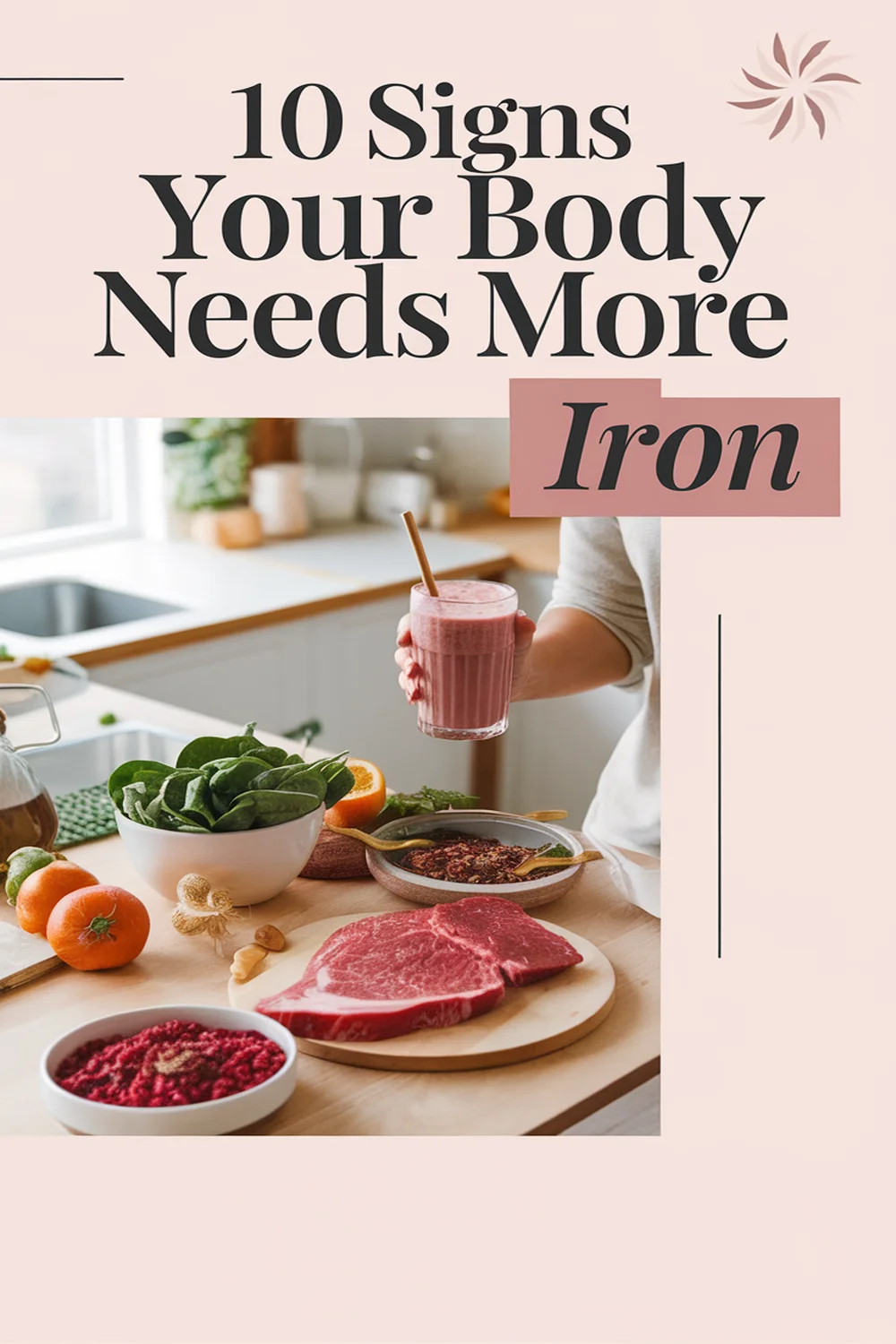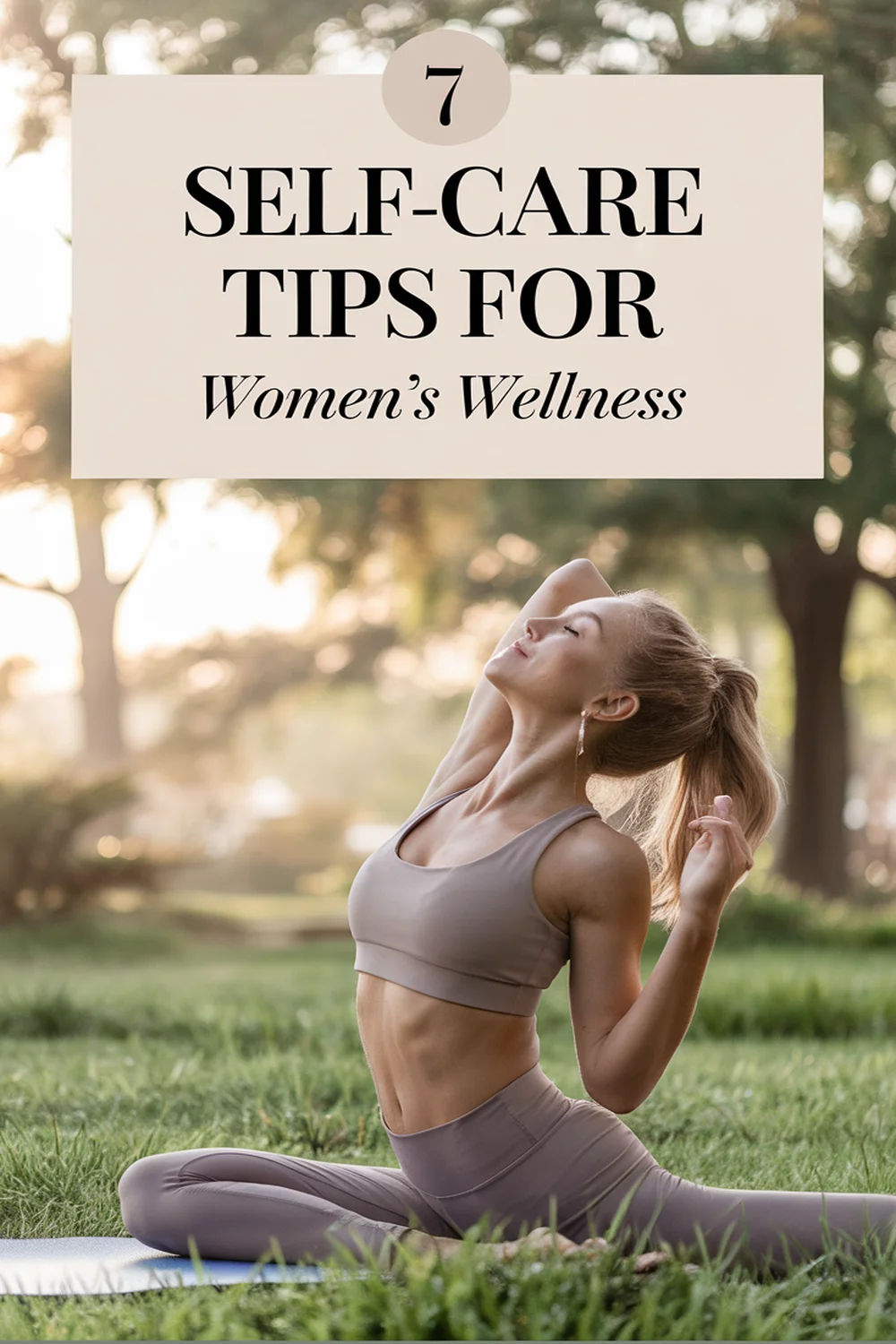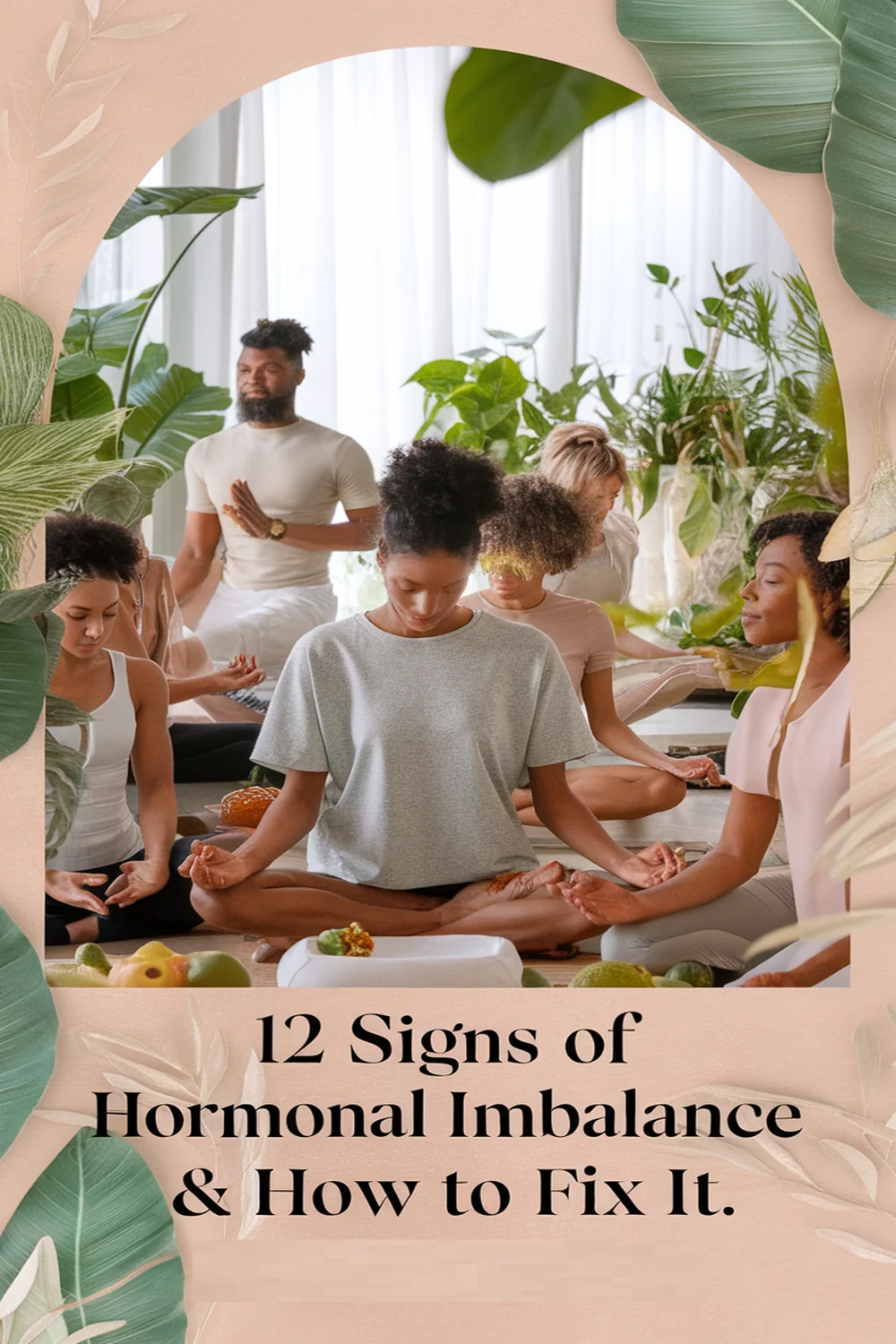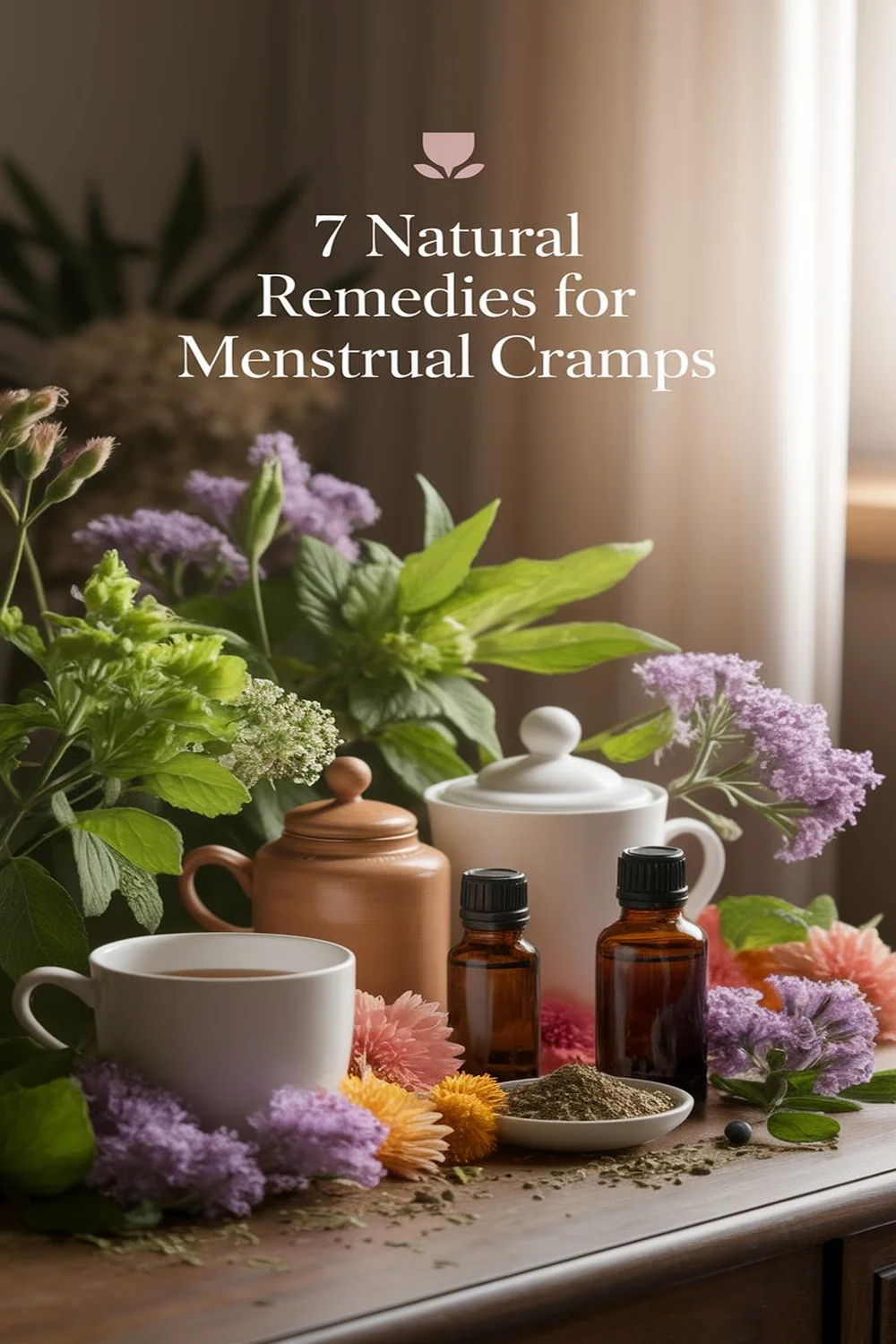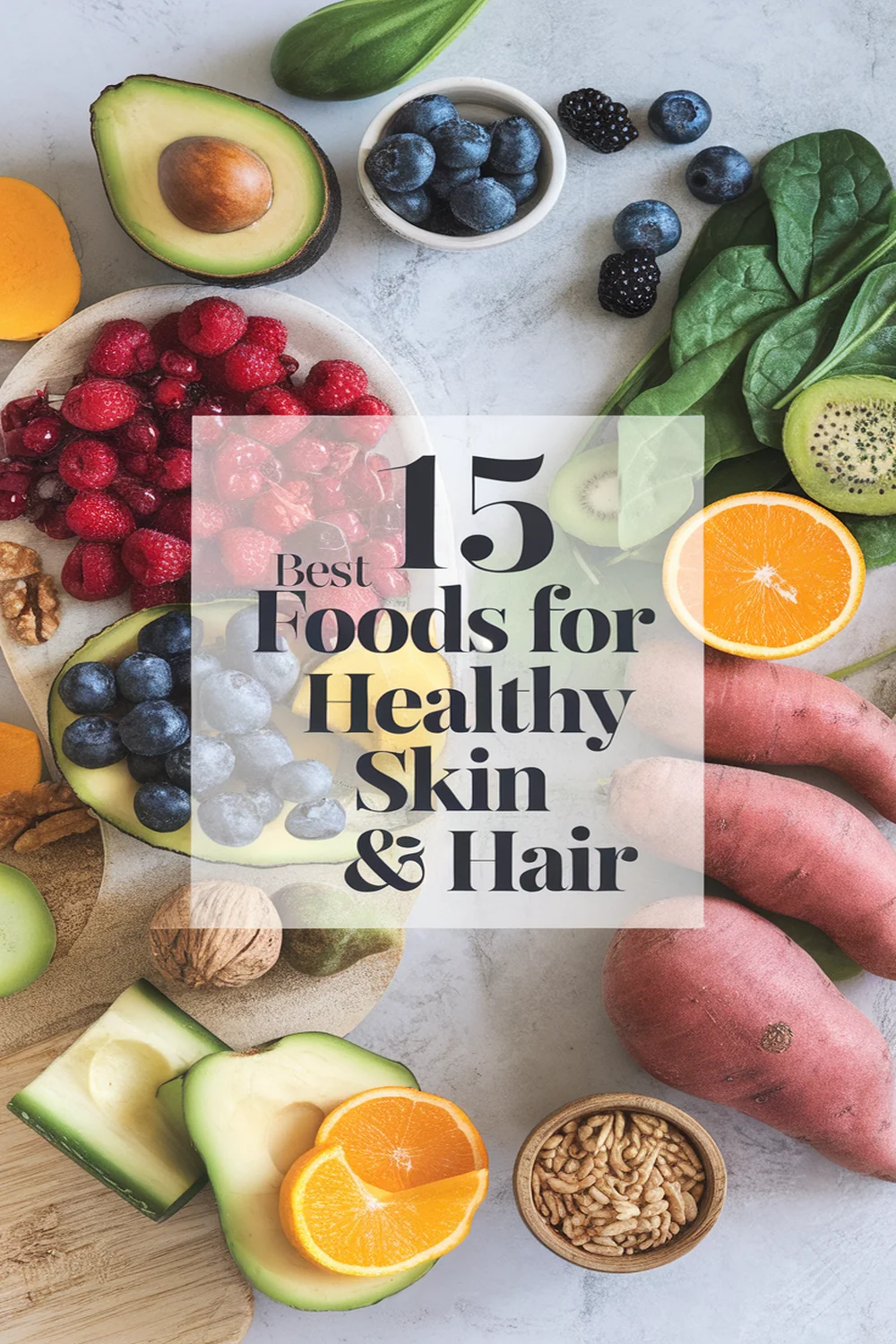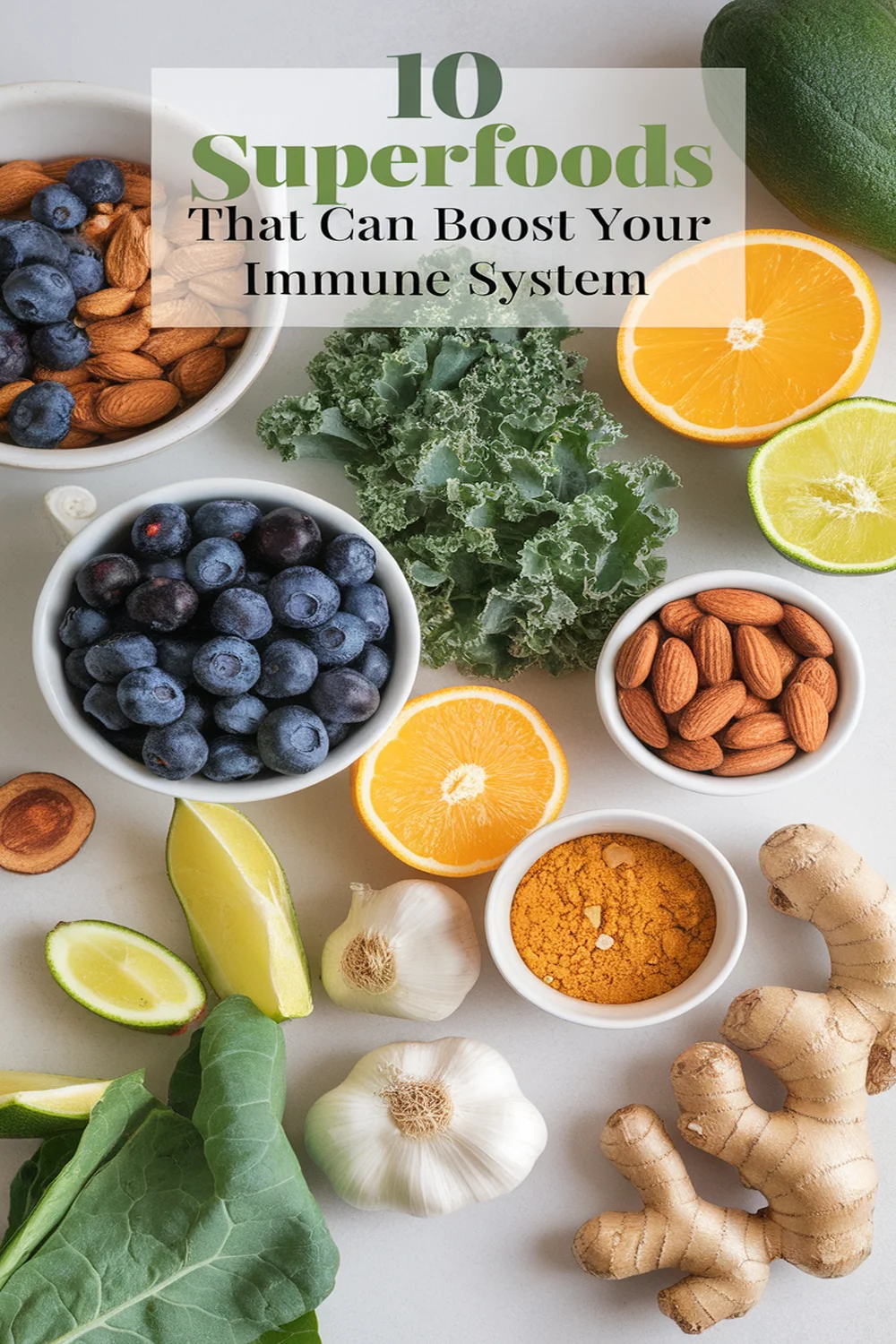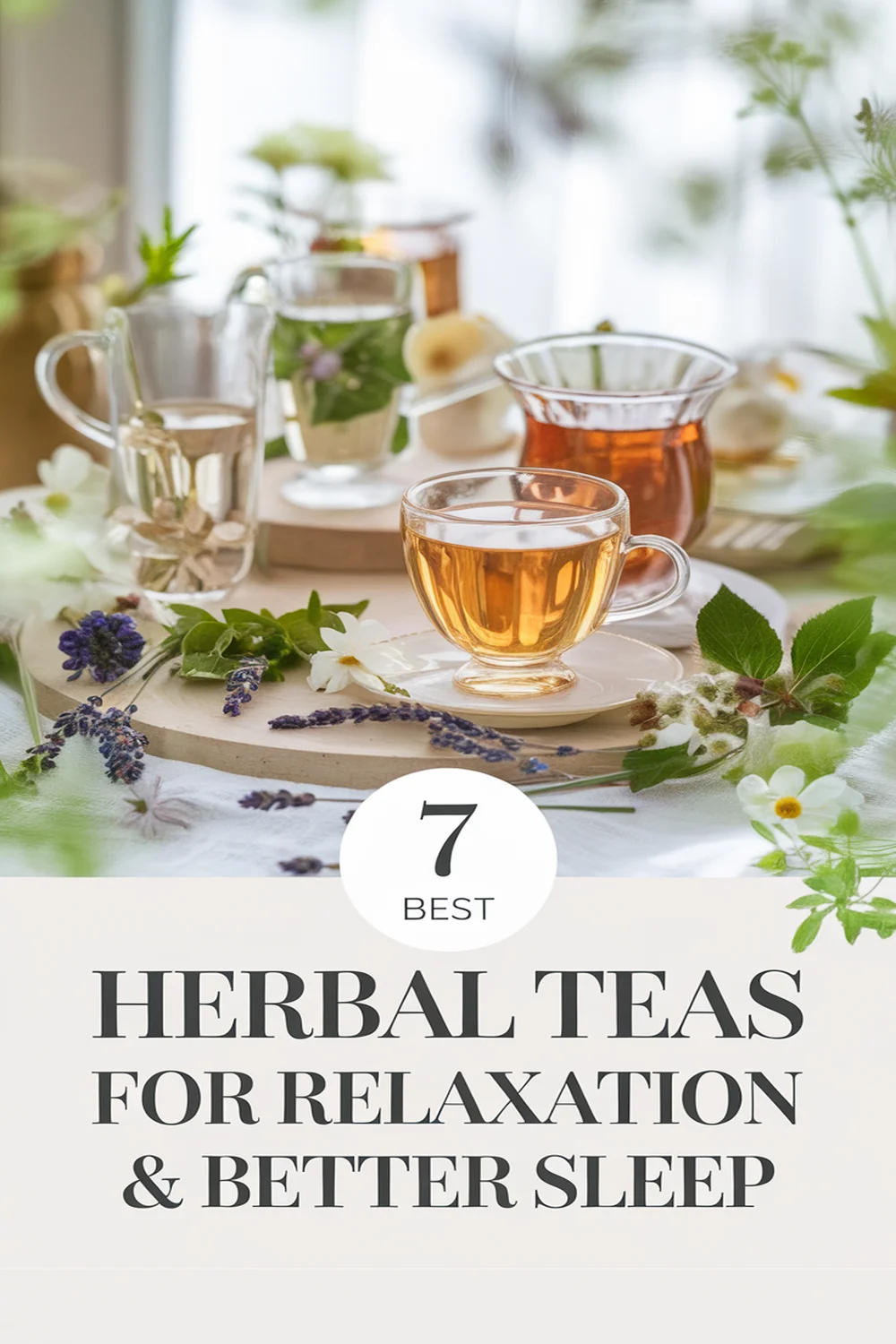If you’re feeling unusually tired, experiencing pale skin, or finding shortness of breath during activities, your body might need more iron. Other signs include dizziness, unusual cravings like ice or dirt, hair loss, cold hands and feet, restless leg syndrome, and frequent infections. These symptoms could indicate iron deficiency, which is essential for energy and overall health. Keep exploring to identify more signs and learn how to address them effectively.
Fatigue and Weakness
If you’ve been feeling unusually tired and weak, it might be your body’s way of signaling a need for more iron. Iron plays a vital role in transporting oxygen in your blood; insufficient levels can lead to fatigue and decreased energy. When your body lacks iron, it can’t produce enough hemoglobin, the protein that carries oxygen to your muscles and tissues, leaving you feeling drained. Studies show that people with low iron levels often experience persistent fatigue, affecting daily activities and overall well-being. If you notice this fatigue extending over time, it’s important to evaluate your diet for iron-rich foods like lean meats, beans, and leafy greens. Consulting a healthcare provider can help determine the right course of action for you.
Pale Skin
Pale skin can be a significant indicator that your body is lacking iron. When your iron levels drop, red blood cells can’t effectively deliver oxygen throughout your body. This leads to a decrease in hemoglobin, which gives your blood its red color. As a result, your skin may appear paler than usual, especially in areas like your face, gums, and nail beds. If you notice this change, it’s important to pay attention. While pale skin can be caused by various factors, iron deficiency should not be overlooked. Consider keeping track of other symptoms, and consult a healthcare professional for appropriate testing. Addressing iron deficiency early can improve your complexion and overall health by supporting the body’s oxygen-carrying capacity.
Shortness of Breath
During physical activities or even simple tasks, shortness of breath can signal that your body may be low on iron. Iron is essential for producing hemoglobin, which carries oxygen in your blood. When you lack sufficient iron, your body struggles to deliver oxygen efficiently, leading to increased breathlessness.
| Symptoms of Low Iron | Description |
|---|---|
| Shortness of Breath | Difficulty in breathing during exertion. |
| Fatigue | Feeling unusually tired after minimal effort. |
| Rapid Heart Rate | Heart palpitations or increased pulse. |
| Weakness | A sense of physical unsteadiness or fragility. |
| Cold Extremities | Hands and feet feeling colder than usual. |
If you notice these symptoms, consider consulting a healthcare provider for an iron level assessment.
Recommended Items
Here are our recommended health and wellness essentials—feel free to explore!
Dizziness or Lightheadedness
Have you ever felt dizzy or lightheaded after standing up too quickly or during physical activity? This sensation might indicate low iron levels in your body. Iron plays an important role in producing hemoglobin, the protein that carries oxygen in your blood. When your iron levels drop, your body struggles to transport enough oxygen to your brain and other organs, leading to dizziness. If you experience these symptoms frequently, it is vital to assess your diet and consider iron-rich foods, such as lean meats, beans, and leafy greens. Additionally, consult a healthcare professional to determine whether you need an iron supplement or further evaluation. Ignoring these signs could lead to more serious health issues down the line.
Action Steps to Boost Your Iron Levels
Unusual Cravings
If you find yourself craving non-food items like ice, clay, or dirt, it could be a sign that your body is lacking the iron it needs. This phenomenon, known as pica, often signals an iron deficiency. Your body might be seeking these unusual substances in an attempt to fulfill its nutritional gaps. Addressing your cravings can lead to better health outcomes.
| Craving | Possible Nutritional Link |
|---|---|
| Ice | Iron deficiency |
| Clay | Iron deficiency |
| Dirt | Mineral deficiency |
| Starch | Nutrient imbalance |
| Chalk | Calcium/iron deficiency |
If you notice such cravings, it’s wise to consult a healthcare professional for assessment and potential dietary adjustments.
Brittle Nails
When your nails start to become brittle and break easily, it might signal an underlying iron deficiency. Iron plays a vital role in the production of collagen, which is essential for healthy nails. Without adequate iron, your nails can become weak and prone to splitting or chipping. You may also notice a change in color, with nails appearing pale or dull. For ideal nail health, aim to include iron-rich foods like lean meats, beans, and leafy greens in your diet. If you suspect you’re lacking iron, consider consulting a healthcare professional for a blood test. They can help diagnose deficiencies and recommend appropriate supplementation or dietary changes to restore your iron levels and improve your nail strength.
Hair Loss
Around 20% of women and 12% of men experience hair loss at some point in their lives, and iron deficiency could be a contributing factor. Iron is essential for producing hemoglobin, which carries oxygen to your hair follicles. Without enough oxygen, hair growth can slow down or halt altogether. Studies have shown that low iron levels often correlate with increased hair shedding. If you notice more hair on your pillow or in your brush, it’s worth considering your iron intake. Good dietary sources include lean meats, beans, and leafy greens. If dietary changes aren’t effective, consult a healthcare professional about supplements. Addressing iron deficiency can help restore balance and support healthier hair growth. Don’t ignore the signs; your hair might be trying to tell you something.
Cold Hands and Feet
Cold hands and feet can be more than just a sign of chilly weather; they might indicate an underlying iron deficiency. When your body lacks sufficient iron, it can’t produce enough hemoglobin, the protein that carries oxygen in your blood. This can lead to poor circulation, causing your extremities to feel cold often. You may notice that, even in a warm environment, your fingers and toes remain icy. It’s crucial to pay attention to this sign, as it may accompany other symptoms of iron deficiency, like fatigue and pale skin. If you frequently experience cold hands and feet, consider consulting a healthcare provider. They can conduct blood tests to assess your iron levels and recommend dietary adjustments or supplements if needed.
Restless Leg Syndrome
Restless Leg Syndrome (RLS) can also be a sign of iron deficiency. If you experience uncomfortable sensations in your legs or an irresistible urge to move them, it might be worth considering your iron levels. RLS can disrupt your sleep and affect your daily life, making it essential to address any underlying causes.
Here are some common symptoms associated with iron deficiency-related RLS:
- Creeping, crawling, or tingling sensations in the legs
- Urge to move your legs, especially at night
- Discomfort that worsens during periods of inactivity
- Relief through movement, like walking or stretching
- Sleep disturbances affecting overall restfulness
If you notice these signs, consult a healthcare professional for proper evaluation and treatment options.
Frequent Infections
When your body frequently fights off infections, it could signal an iron deficiency that compromises your immune system. Iron plays a vital role in producing hemoglobin, which helps transport oxygen to your cells. Insufficient iron can lead to anemia, reducing your body’s ability to fight infections effectively. You might notice an increase in colds, flu, or other illnesses, as your immune response weakens. Studies show that those with low iron levels are more susceptible to infections due to impaired white blood cell function. If you find yourself getting sick often, consider reviewing your diet or getting a blood test to check your iron levels. Addressing this deficiency can help restore your immune system and improve your overall health.

